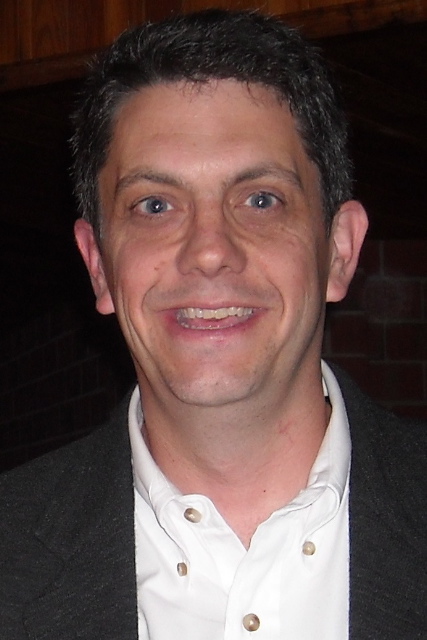1
Pau Cassals (Paris, June 1938)
Recovered score, boy with a gourd
become exile, with a broken chord.
One-two-three, one-two-three.
Nothing tucked under your arm
Bow and trill as free as desire,
Free as the Catalan, your Catalan
home, were it mended, the broken chord.
A vibrato, slow at first, fills
space until the ear must imagine
Vibrato again, what it expects, trills, more
than fingertips, cadence drawn down.
Beneath you, the ground of home has moved.
You know Franco cares little for Bach,
Cares less about this dance, though seduction
he knows, so this dance in triple meter
he has banned, this movement, and you, your borrowed
Catalan song of the birds.
2
Yo-Yo Ma (New York 1983 and Illinois 2004)
Breathe—and forget all you’ve read
about period tempo
about antique cellos
about Cassals and Rostropovich
Breathe—and begin wherever you like
this sound is no one’s sound
this sound is sound, strung
together in memory, pressed to vinyl
Breathe—then worry or regret each pitch
or trill you’ve practiced
or pitch you slide into
or pause you forget
To play—it’s just me in the car,
twenty years later,
twenty miles later,
holding my breath for us both.
3
Yo Yo Ma (During a Master Class on the Power of Suggestion, 1998)
It is breath you suggest—before you bow a single
breath—note, touch the string and begin
held—someone’s breath—the sarabande.
You are bowing, not quite, a whole chord—released
inviting someone else to finish—release
the harmony themselves—at last.
This dance—banned in Spain
obscene and sublime—
Mexia, Cervantes, zarabanda
believed not obscene but serene
Breath after breath—sacred or spare
breath upon breath—as you arrive
at the last implicated
third—your partner, too,
becomes aware that the air is fickle,
and full of what you almost suggest: be still.
4
Stephen Isserlis (After the World Appears to Explode, BBC, September 2001)
Not only the small birds but the great, ungrounded
eagle, her slow curve from height, her slow curve
from depths again.
I am not a believer in birds of war
but in this lark of the finger on string,
this singed g-minor made hymn.
5
Josef Luptak (Schloss Mittersill, Austria, June 2003)
The sarabande ends in birdsong,
clipped then clipped again. No legato air.
Bach belongs, here, in the spring
to the stone, crumbled and under repair,
To the bodies in this chapel, to our hands
on the wooden pews, to Josef, who cradles
his cello to his chest and waits—lets the birds
and Bach and his own full breast, settle,
in this chapel where you must kneel
on at least one knee to see the fog
enfold the mountains like a hand.
